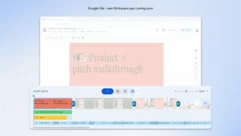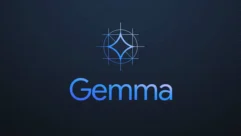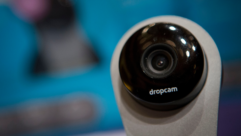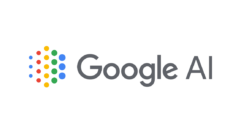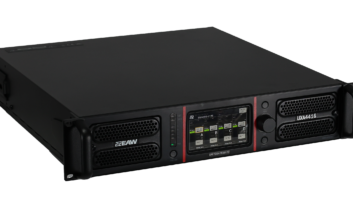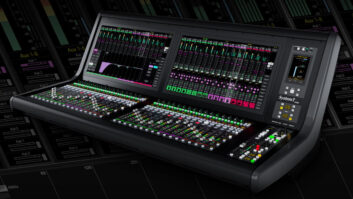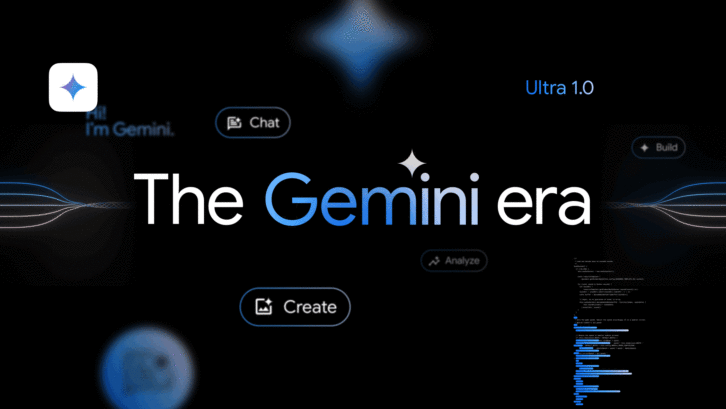
Google has performed a restructuring and rebranding of its AI tools, the company announced Thursday to coincide with its release of the Gemini mobile app for Android.
Google’s chatbot assistant Bard had a rocky start when it was initially revealed early last year. Since then, large strides have been made in Google’s AI sector, all the way up to the company’s recent reveal of its newer Gemini AI model. Bard was then upgraded to have Gemini running under the hood, but it seems that, in the interest of consistency, Google has rebranded its AI products completely under the Gemini umbrella. As of Thursday, Bard and Duet AI is no more, there is only Gemini.
The restructuring was revealed to compliment the release of the Gemini app for Android. The free version of Gemini runs Gemini Pro under the hood, which is the standard version of the AI model. Google announced that the its most powerful AI model, Gemini Ultra, is now available for users that need an AI that can perform more heavy lifting. The product running Gemini Ultra is called Gemini Advanced (confusing, I know), and is available with the Google One AI Premium Plan. This runs $20 a month, a $10 increase over the standard Google One subscription.
The following was originally published on December 12, 2023:
Google has revealed its new AI model, Gemini, which it is positioning as a rival to OpenAI’s ChatGPT. In reference to its competitor, the company claims that the most powerful version of Gemini beat “current state-of-the-art results on 30 of the 32 widely used academic benchmarks used in large language model (LLM) research and development.” However, news has quickly come to light that one of the most talked about demo videos of Gemini (above) was misleading.
As reported by Bloomberg, an impressive demo video that quickly circulated online isn’t completely as it seems. In the video, Google’s AI quickly recognizes drawn images and tracks a the location of a ball under a paper cup in real time, all while responding to spoken conversational prompts. However, Google has since put the following disclaimer in the video’s description: “For the purposes of this demo, latency has been reduced, and Gemini outputs have been shortened for brevity.”
Not only has the amount of time Gemini takes to respond been reduced, but it is possible that incorrect responses have been edited out. What’s more, Google has since commented that Gemini’s responses weren’t actually to spoken cues, but written prompts, and it was fed still images to analyze. This is a far cry from the real-time whiz that Gemini was represented as.
Samsung and Google have been working on a rival to Dolby Atmos
Gemini will be available in three different sizes: Gemini Nano, which will be used for smaller tasks and mobile devices; Gemini Pro, “for scaling across a wide range of tasks;” and Gemini Ultra, its largest and most powerful version.
Beginning December 13, Gemini Pro will be available to developers and enterprise customers, and Android developers will have access to Gemini Nano. As of press time, Google’s Bard chatbot is now running on Gemini Pro. Google has told press that ‘Bard Advanced’ will be launched early next year, running on Gemini Ultra.
The following was originally published February 7, 2023:
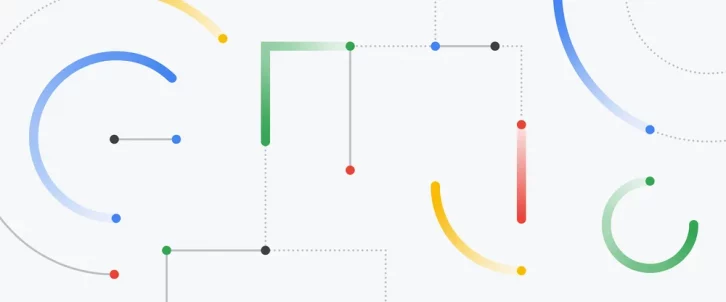
Last week’s press event for Google’s upcoming ChatGPT rival, Bard, featured an embarrassing error and ended up being poorly received over all, with critics stating that it seemed like a rushed attempt to placate investors. Since the event, internal tensions at Google are being reported, as employees criticize the event, Bard, and CEO Sundar Pichai’s strategy.
Google’s demo of Bard’s capabilities went sideways as viewers online began to point out that the AI returned an incorrect answer regarding the James Webb Space Telescope. When, during the live demo, Bard was asked “What new discoveries from the James Webb Space Telescope can I tell my 9 year old about?” the software returned three answers. Unfortunately, one of them, “JWST took the very first pictures of a planet outside our own solar system,” is incorrect. That honor, according to NASA, belongs to the European Southern Observatory’s Very Large Telescope, which snapped the picture a full 17 years before the JWST was launched.
When the error became widespread, Google stocks tanked and its parent company Alphabet lost about $100 million in market value. Now, what was an embarrassing and costly mistake for Google is appearing to cause internal tensions as well. CNBC has reported that employees are using the company’s internal forum to voice criticism and complaints over Google’s direction, with one post stating, “Dear Sundar, the Bard launch and the layoffs were rushed, botched, and myopic. Please return to taking a long-term outlook.” Other comments echoed the sentiment, with another saying, “Sundar, and leadership, deserve a Perf NI. They are being comically short sighted and un-Googlely in their pursuit of ‘sharpening focus.'” “Perf NI” refers to the lowest rating of “needs improvement,” per Google’s internal rating system.
The following was originally published on February 7, 2023:
Since it was made public just a few months ago, OpenAI’s ChatGPT, the AI-powered text generation bot has managed to find a home across industries, where companies as large as Microsoft have experimented with use cases for the cutting-edge tech. Not to be outdone, Google has confirmed they are working on a competitor, called Bard, which they refer to as “an experimental conversational AI service.”
Google CEO Sundar Pichai discussed Bard in a blog post, where he states the scale of the largest AI computations today are doubling every six months. Pichai goes on to say that Bard is powered by Google’s Language Model for Dialogue Applications (LaMDA), and has now been opened up to “trusted testers” before it is given a wider public release in the coming weeks.
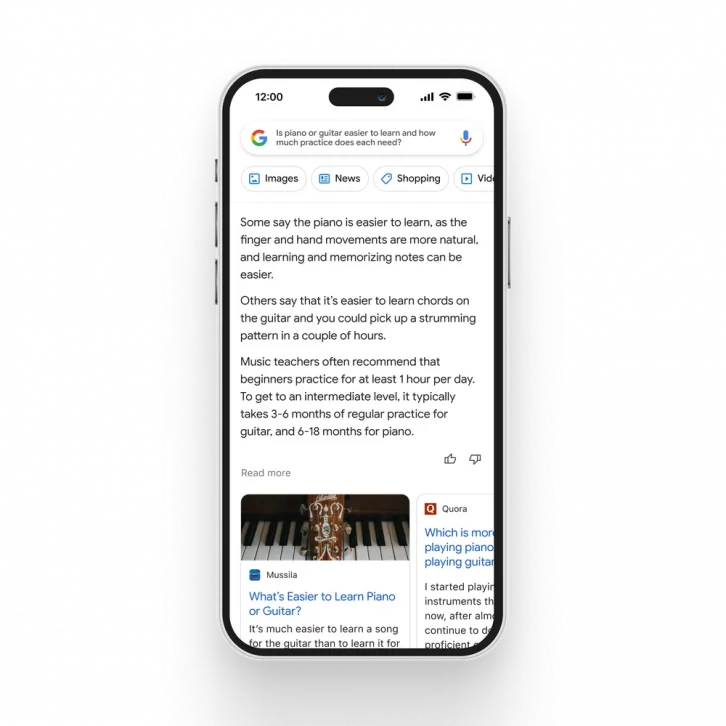
Pichai states, “Bard seeks to combine the breadth of the world’s knowledge with the power, intelligence and creativity of our large language models. It draws on information from the web to provide fresh, high-quality responses. Bard can be an outlet for creativity, and a launchpad for curiosity, helping you to explain new discoveries from NASA’s James Webb Space Telescope to a 9-year-old, or learn more about the best strikers in football right now, and then get drills to build your skills.”
The initial testing release of Bard (and presumably the version coming public in the coming weeks) is built on a “more lightweight” version of LaMDA that requires far less computing power in an effort to get more feedback from a larger number of users to make the technology more efficient.
More information on Bard is expected to come out during the Google Search and AI event tomorrow, February 8th.
See also: Google won’t release program that creates complex music from text input


